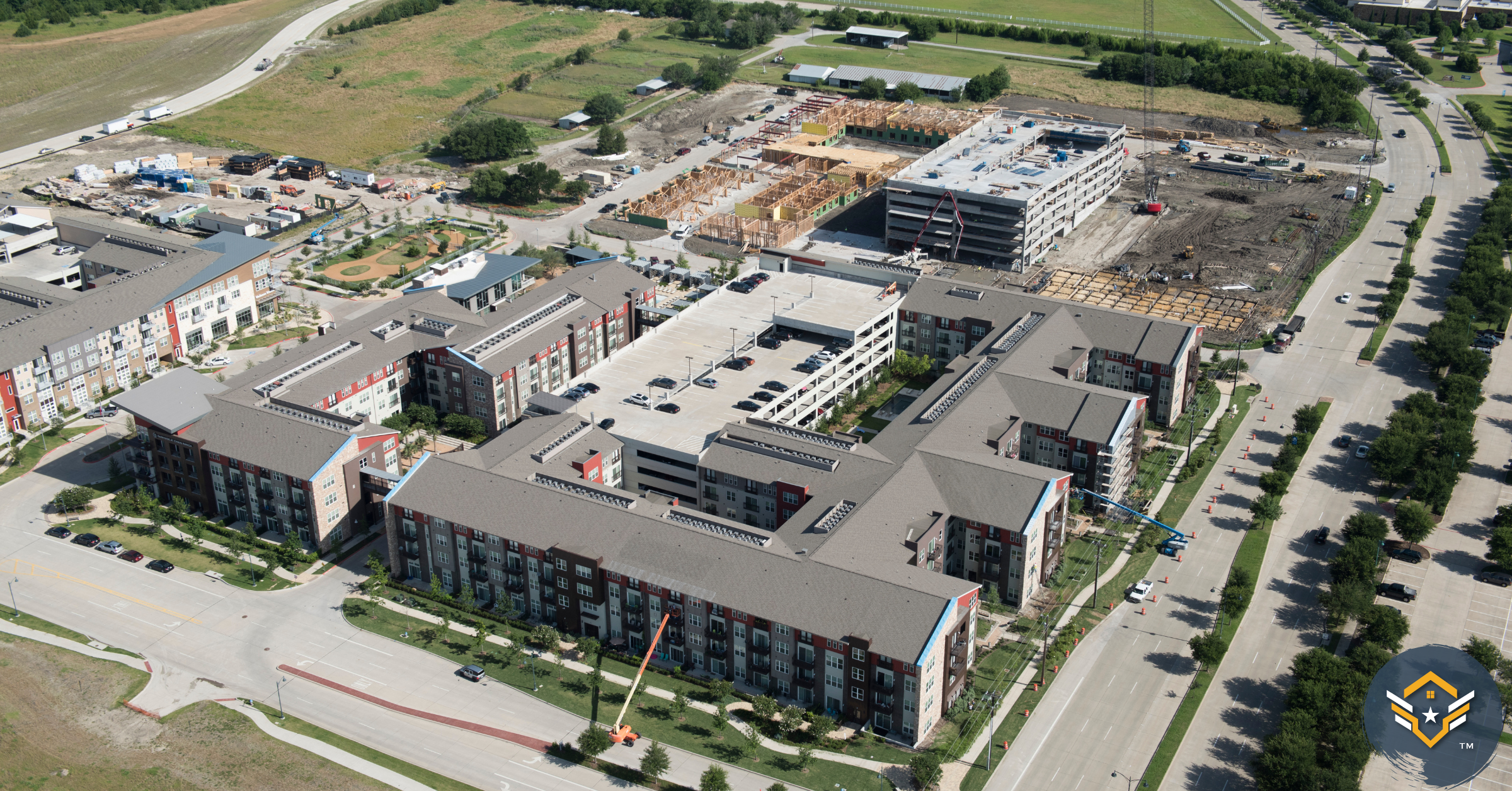Here are the top 3 mistakes you need to avoid when raising capital for multifamily syndication deals.
Mistake #1: Raising Money Only When You Have a Deal
We just had another conversations about this in our Multifamily Mastermind… Always be raising!
How? What does that mean?
If you get access to a great deal, but you haven’t been actively letting people know what you’re up to and that you help investors achieve incredible returns, you might find yourself scrambling to get your deal funded.
It takes time for people to get to know, like and trust you, and the best way to do that is to be present on social media, share with others what you’re up to, and never be afraid to let people know exactly what you’re doing as in investor!
You’d be surprised how many people in your immediate network are looking to invest in a deal like the one you have, but they are unfamiliar with what a syndication is or how it works.
Be the one to reach out to people and educate them, and when you have an investment opportunity, you’ve already established yourself as a multifamily investor, so raising capital will be much smoother!
Mistake #2: Raising Only the Amount of Money Needed to Close the Deal
Let’s say your deal is for a multifamily property listed at $5,000,000, and your team has secured a commercial loan at 75% LTV, which will cover $3,750,000.
That leaves you with having to raise just $1,250,000, right?
In essence, that might be enough to seal the deal, and close, but you must ALWAYS factor this in… some of the investors who expressed interest, gave you a verbal commitment, or even a “soft” commitment in your syndication software online portal, will end up backing out. We use InvestNext…
Getting those verbal and soft commitments are crucial, but once you send wiring instructions to your investors and send a deadline to wire funds, that’s when you will see who the real players are, and who may end up ghosting you with cold feet.
Over raising and having an excess or reserve will help fill in the amount you. I have heard anywhere from 20 – 40%, that cushion will help weather any kind of physical (or proverbial) storm.
What about deferred maintenance, planned renovation, and other projects that pop up? (large unexpected repairs)
Here is the key… you must expect them. Nothing should be considered totally unexpected, but we get better at identifying those patterns.
For example:
- New HVAC
- New roof
- all new plumbing
- All new electrical
- All appliances replaced because they no longer meet code
- Hurricanes that cause, sometimes devastating damage

Which does help us transition smartly to… mistake #3:
Not Know the Local Law & Ordinance
BLUF: there are laws you will need to know and understand so you can comply with them. Here are a few:
When you syndicate a property, you form an LLC (Limited Liability Corporation), and then, when creating a syndication, will then sell shares of the LLC that owns and controls Title.
Because you’re selling shares in exchange for doing some kind of work, effectively, those shares are now considered securities.
That is one reason why you have to comply with SEC regulations.
Here is another things you must understand:
There are two types of investors: accredited investors and non-accredited Investors
Non-accredited investors can participate as a Limited Partner (Silent Partner) if they’re considered “sophisticated investors.”
Based on the SEC’s Regulation D, Rule 506B, investors are considered “sophisticated” if they:
- Have experience in financial and business matters
- Have participated as a GP or a JV in another deal/project similar in size and work involved
- Worked in this asset class or strategy some capacity
- Or anything that enables them to not just understand the deal and the offering, but confidently evaluate the risks of the offering/investment.
Now, you as the sponsor or General Partner in the syndication do inherit more RISK with a 506B, when compared to a 506C. You’ll also be required to have a pre-existing relationship with each investor. So, family, extend family, friends, etc.
One of our students the turned into an ADPI MMA Hero, Tom Grovers, he remembers 506B because you can correlate those investors to being your “bros.” Reg. D 506B for Bros . . . ha!
Regulation D 506C – these offerings are only available to Accredited Investors who will need to prove their Net Worth and gross income. Up 10 35 Accredited Investors can still invest in a Reg D 506B.
Mistake #4 / Bonus
Once you close, your capital raising job is not over. It sort of just started!
Nurturing the investors with monthly emails updates that correspond with their quarterly distributions (if applicable) is necessary. This one thing can eliminate most, of not all investors relations time and energy, in the form of phone call after phone call.
The relationship that you continue to build with your investors should be nearly the first to get a glimpse at all future opportunities. Some investors will continue to invest with you over the long haul, over multiple deals. Some won’t ever respond to emails or calls. And everything in between.
If you thought this was valuable, I highly encourage you to watch the FREE Masterclass where I reveal three secrets that took me a while to breakthrough and discover… how to analyze these assets, how to raise capital for these assets, and how to structure a rock star team to help you close on them so you don’t have to waste every waking hour trying to do it yourself.
Click the link below to get access to that free Masterclass!
Find, Fund, & Successfully Manage Your First Or Next 7 Figure Multifamily Deal In 6 Months Or Less
Till then, keep crushing it and never stop learning!







